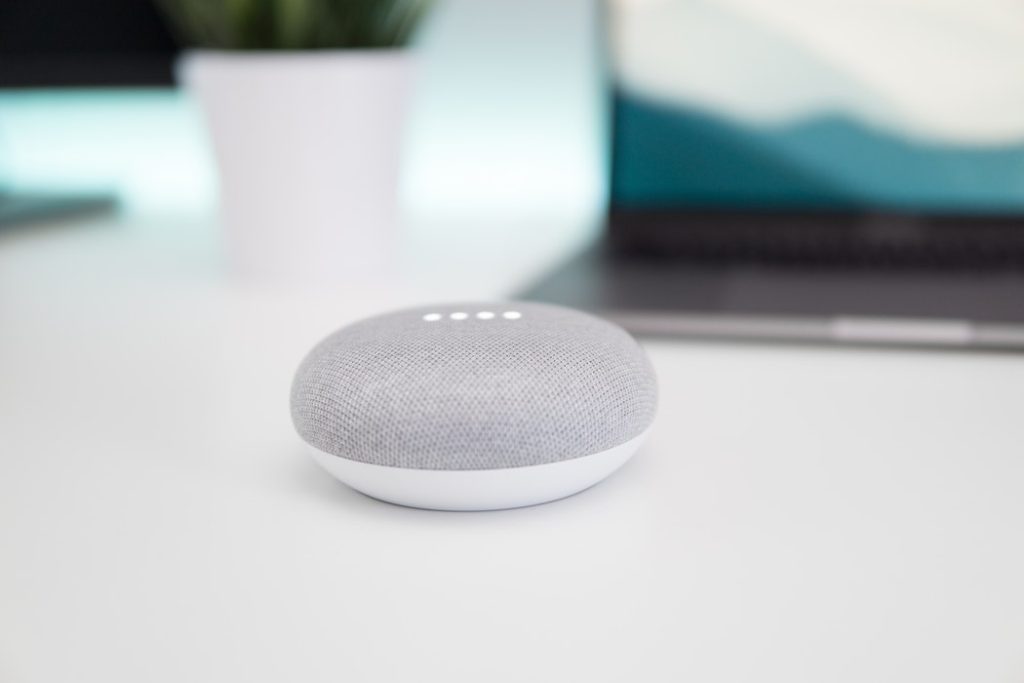
A smart, reliable voice assistant makes life easier — and in turn helps make us more productive. The truth is that we live in a world where mobile and smart devices are used for almost everything. By moving these functions from a smartphone to a voice assistant, the experience becomes simpler and less mediated. Having the power of the Internet not merely at our fingertips, but also ready to be activated at the sound of our voice, is a development with massive implications — not only at home, but also in the workplace.
One key example: Hospitals, where the stakes couldn’t be higher and the need for innovative technological solutions is ever-present, are on the verge of experiencing a patient-care transformation facilitated by voice apps in healthcare.
The growing presence of Alexa in healthcare
Within medical centers, the shift from desktops to laptops — and later from laptops to mobile — was a significant one. Today, voice technology is supplementing mobile and may largely replace it within the next decade. Recently Healthcare IT News took a close look at how voice technology is being deployed at several prominent hospitals.
At Beth Israel Medical Center in Boston, Amazon Alexa development is in full swing. A team of IT professionals and developers have created applications that allow patients to ask Alexa (or Google Home) to call for a nurse, check what’s on the evening menu, find out when a physician is arriving and other fundamental tasks.
Normally, many such activities would require the attention of a medical professional. By using voice technology to automate these processes, hospitals are providing timelier services and freeing up personnel for value-added tasks.
At Northwell Health in New York, IT teams are developing with Alexa and Google Home. Here, they use cases for voice technology that include letting patients know how long they will be waiting in emergency rooms and directing them to nearby urgent care centers.
Once mature, the technology would allow someone who slices open a finger while preparing a meal to ask Alexa which nearby medical center has the shortest wait period. Because Alexa is integrated with Northwell’s app, she can query local hospitals and urgent cares and provide an optimal solution within seconds using real-time data. This allows those who are injured to get treatment quickly, while also reducing bottlenecks at local hospitals.
Finally, Libertana Home Health is leveraging voice technology to help elderly clients live independently. Alexa is not only a useful tool to help people remember appointments and medication schedules, but it also provides a form of social interaction.
A pilot study conducted by the organization showed that voice assistants can help reduce loneliness by interacting with the elderly. Alexa can be programmed to play cognitive games that enhance memory and deliver daily personalized greetings.
The takeaway
Voice technology is helping to transform patient care. Our agency has been at the forefront of this developing trend, creating deeply useful third-party apps that allow organizations to unlock the full power of voice technology.
If you need assistance with Amazon Alexa development or Google Home programming, we’d love to help do the same for you.




